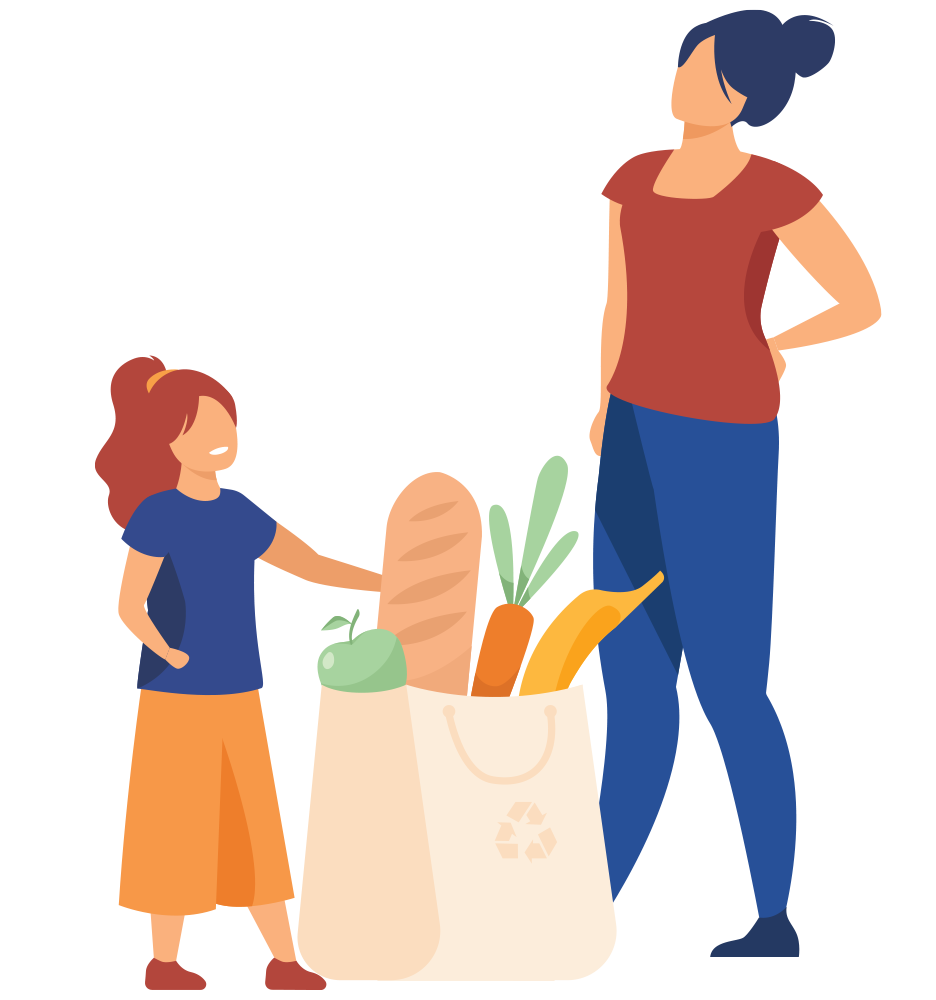Eczema Care Online is for people with eczema and families caring for a child or baby with eczema.
Eczema Care Online is for people with eczema and families caring for a child or baby with eczema.

A healthy well balanced diet is important for keeping your child’s skin and body healthy. The usual advice about what food to introduce at what age applies to children with eczema too.
Many families worry that their child with eczema should avoid certain foods. But usually people find that this doesn’t make a difference. Other things, such as soap, are more likely to make your child’s eczema worse
I feel like I ought to be cutting out dairy for him but I would have to do it for his sisters too or he would get upset. I’ve been thinking it might just be too much hassle, but if I knew it would help I would do it.
EllieA food allergy happens when your child’s body reacts straight away to certain foods they have eaten. Your child may start to wheeze, get tummy ache, or throw up. Your child’s face could swell up or they could get lumps (hives) on their skin. Their eczema may also flare up during or soon after a reaction.
Food allergies are slightly more common in children with eczema, but are not the cause of eczema in most cases. It is more likely that eczema in babies makes them more likely to have food allergy later, not the other way around.
A small number of families with eczema find that certain foods can make their child’s eczema worse. This is a delayed type of food allergy. Reactions happen 1-2 days after your child has eaten the food, instead of straight away. These reactions are caused by a different part of the body’s immune system than food allergies. It is more difficult to test for delayed reactions.
The next sections will give you advice on how you can tell whether your child has a food allergy or if certain foods make their eczema worse.
You may want to try using moisturising creams more than 4 times each day and flare-control creams once a day. If your child’s eczema is not getting better after doing this for 2 weeks, then it is worth looking into delayed reaction to foods.
Check out the section on ‘flare control creams‘. This section will tell you how to get control of eczema when you have a flare-up
Milk and eggs are the most common foods that cause reactions in babies. Peanuts are the most common food that cause reactions in older children. Babies can sometimes be allergic to peanuts.
Other foods that can cause an allergy include wheat, fish, shellfish, tree nuts, soya, lentils and some fruits.
Some foods can make eczema worse because they have things in them that irritate the skin, rather than causing an allergic reaction. For example, strawberries, citrus fruits (e.g. oranges), and tomatoes can cause an eczema flare-up on the face if they touch your skin, or if the saliva stays on the skin.
Putting a creasy barrier, like white petroleum jelly, on the face and neck before and after eating these foods can help with this.
Food supplements are tablets, liquids or powders that contain nutrients that you can add to a normal diet. For example, vitamins.
There is no clear research evidence to show that food supplements help with eczema.
You will find links to more information about these topics in the ‘other resources’ section, which you can get from the ‘more about treatments’ menu above